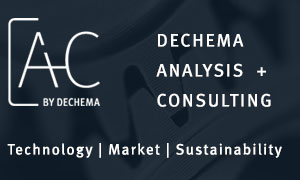Invitation
Research on high temperature corrosion has been performed since about 100 years and a significant level of understanding has been achieved. Nevertheless, there are still a number of open questions and in particular the step from understanding the corrosion mechanisms to mak-ing quantitative use of this knowledge for predicting materials behavior still seems to offer a wide potential for further development. Furthermore, there is increasing demand from industry for the development of efficient modelling tools in high temperature corrosion to allow for the assessment of expected materials or components behavior, thus avoiding extensive testing ef-forts. Such tools ideally predict the metal damage rates under operating conditions but can also be of significant importance if they describe the role of the various environmental, operational and materials parameters with regard to their impact on corrosion rates in a quantitative manner. There have already been extensive efforts in this respect in the past but most recently the impetus from industry has increased in particular for combining already existing singular model approaches in order to establish comprehensive and efficient software tools describing the in-dustrial situation as a holistic approach.
The aim of the workshop is to identify the recent developments contributing to an improved
understanding of high temperature corrosion processes, in particular with regard to a quantitative description of the corrosion mechanisms, and to examine its potential for the development of models to be used in actual component design. The modelling approaches may address thermodynamic and kinetic features, microstructural and alloying effects, environmental or op-erational conditions, protective coatings and surface modifications, etc. In particular, models need to be validated to ensure their reliable use in practical applications, i.e. the workshop will also emphasize aspects of model validation.
The workshop follows the tradition of former workshops where a specific focus topic was select-ed for discussion, bringing together the experts and all those interested in this topic for an in-depth discussion of all relevant aspects.
We would like to cordially invite you to participate in this workshop with or without an original contribution, extending your knowledge in this area of materials science. In this way we expect another stimulating workshop in this EFC-series of events.
Michael Schütze Willem J. Quadakkers
DECHEMA-Forschungsinstitut Forschungszentrum Jülich
Frankfurt am Main Jülich
Workshop Programme as pdf-file

